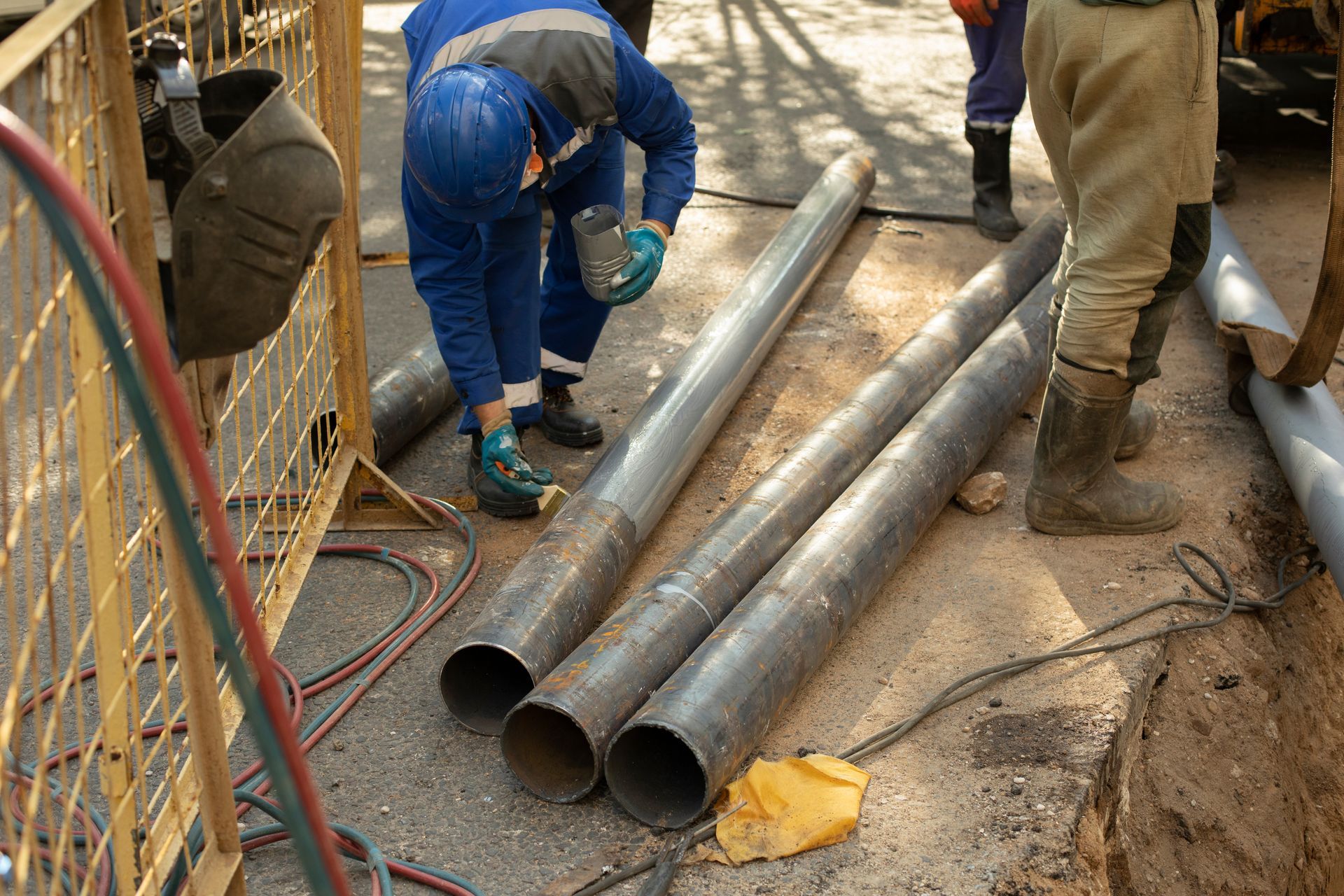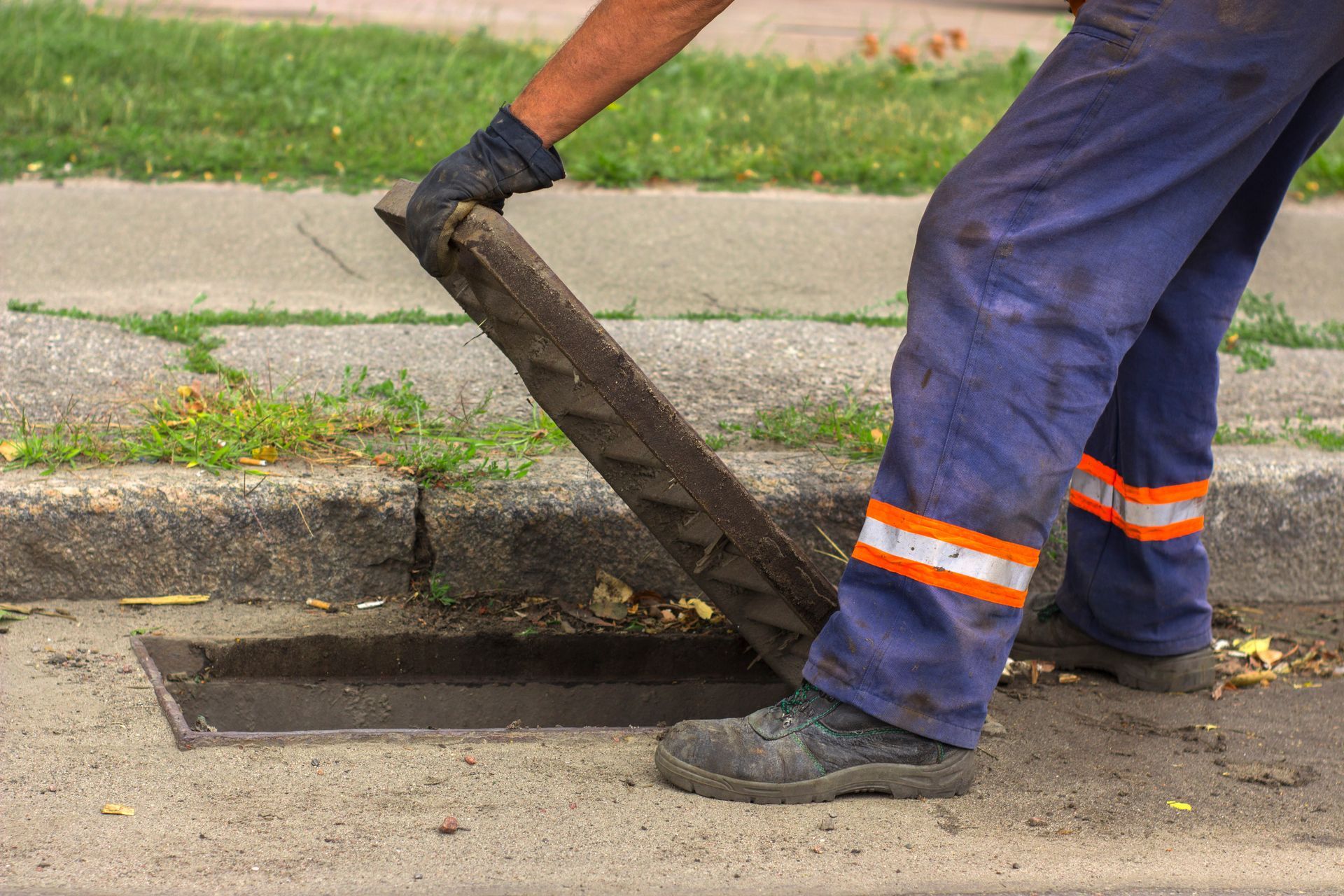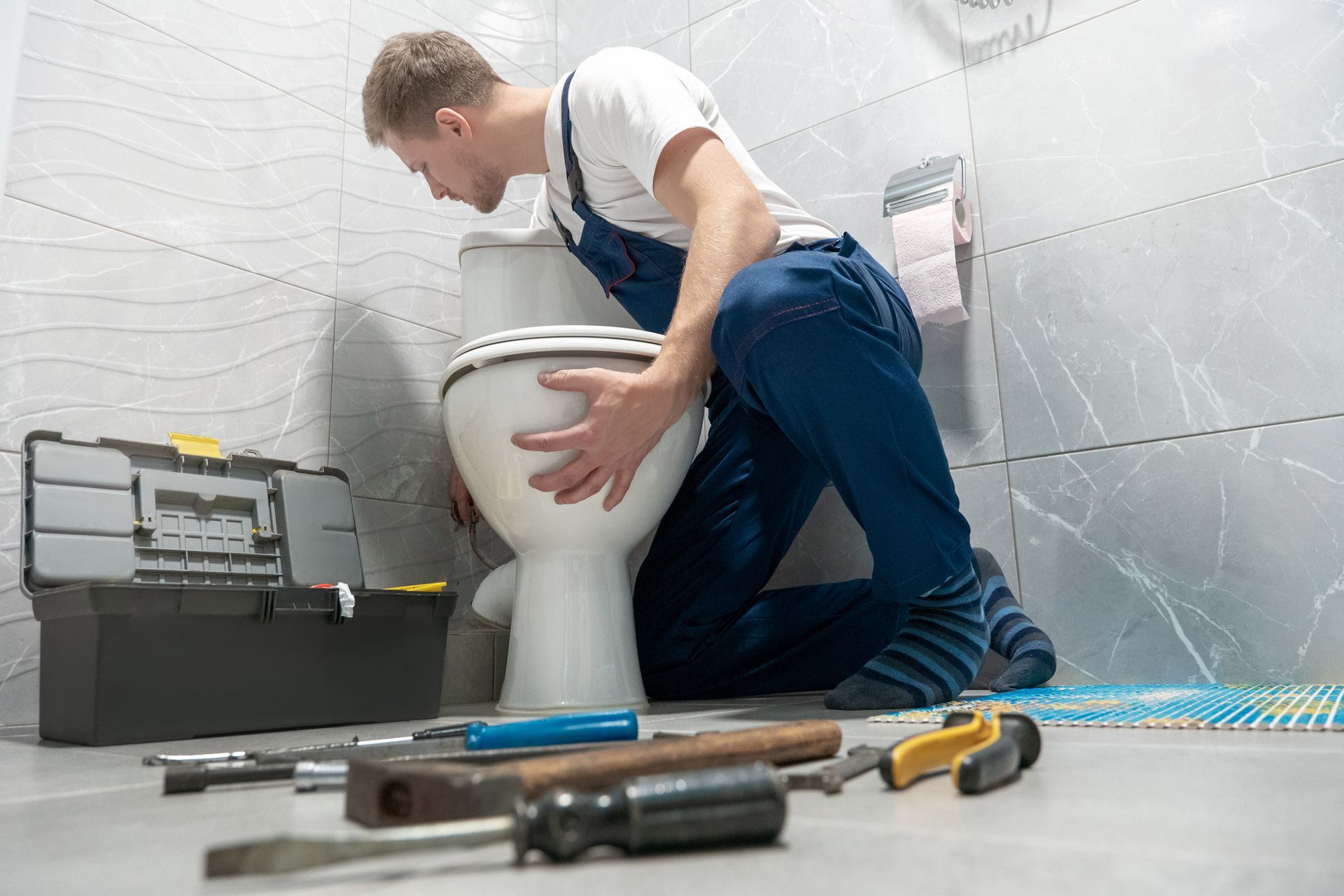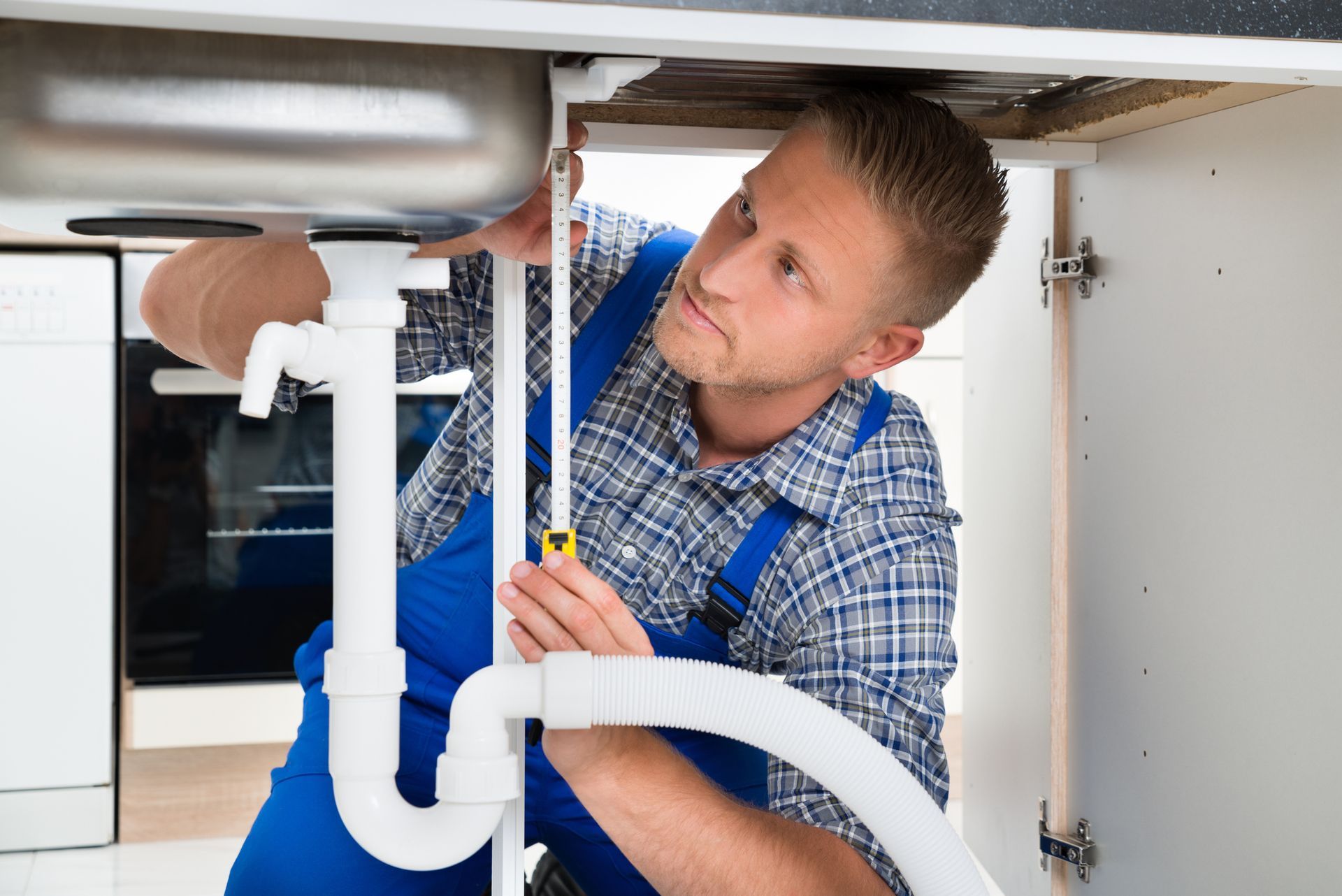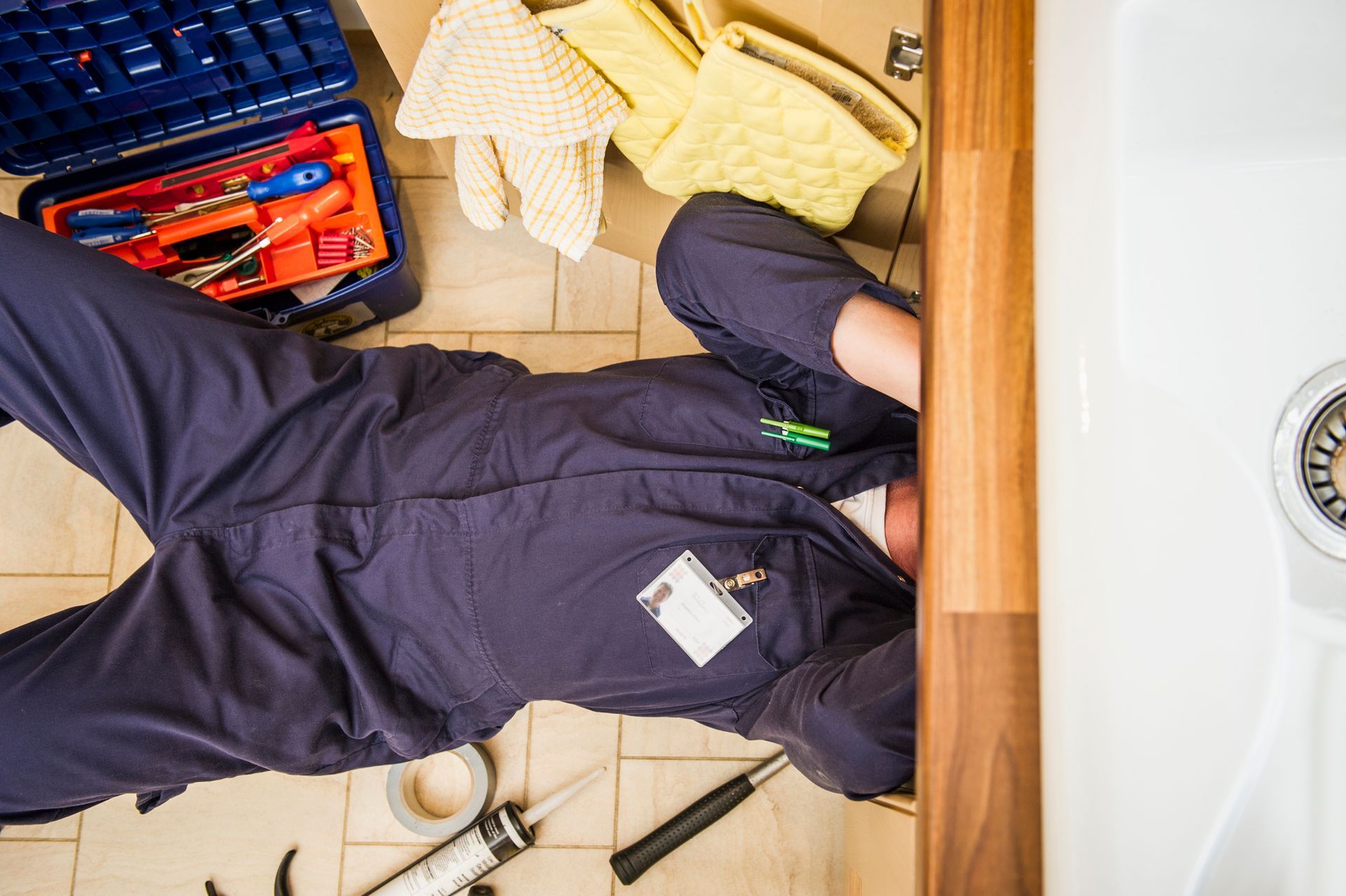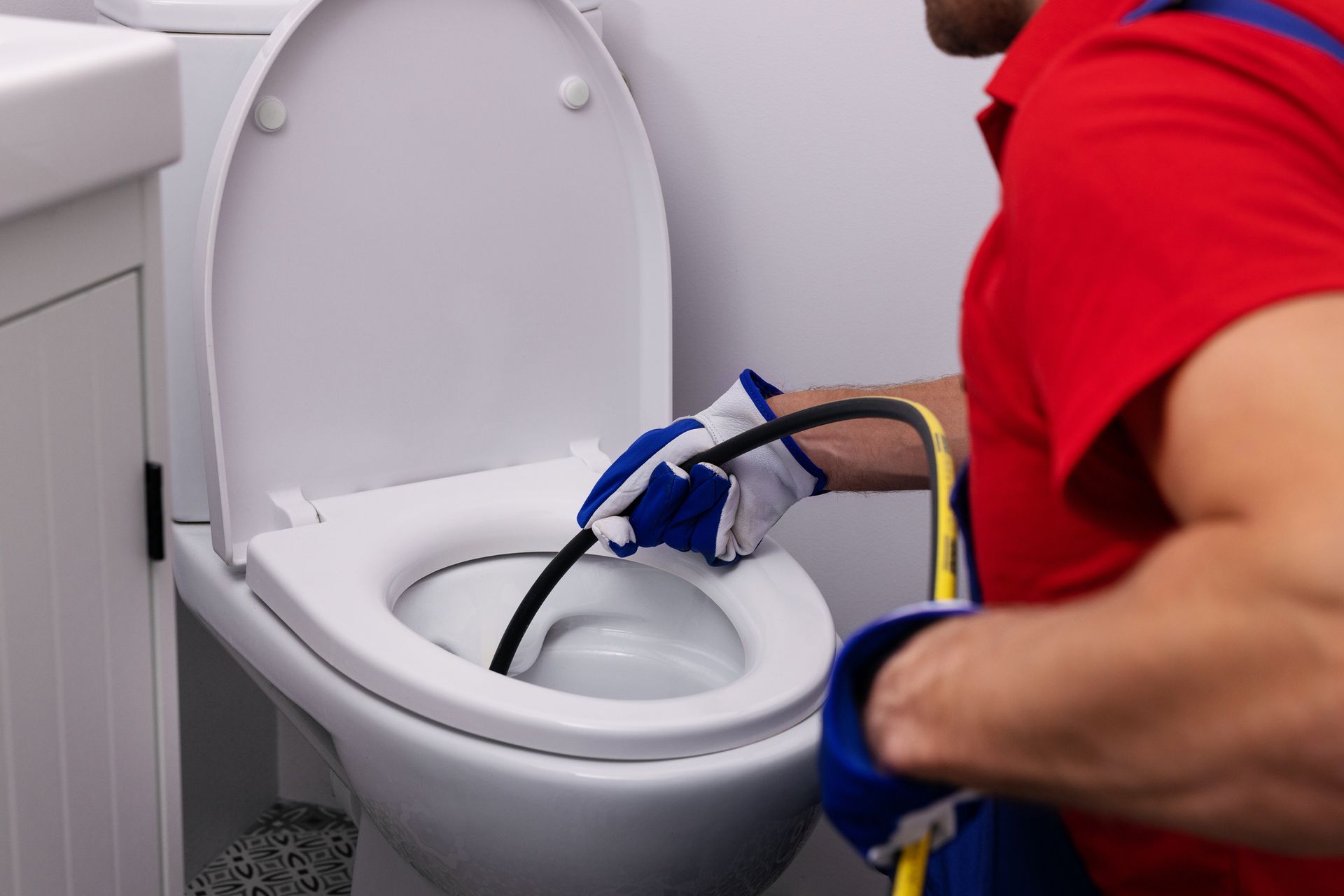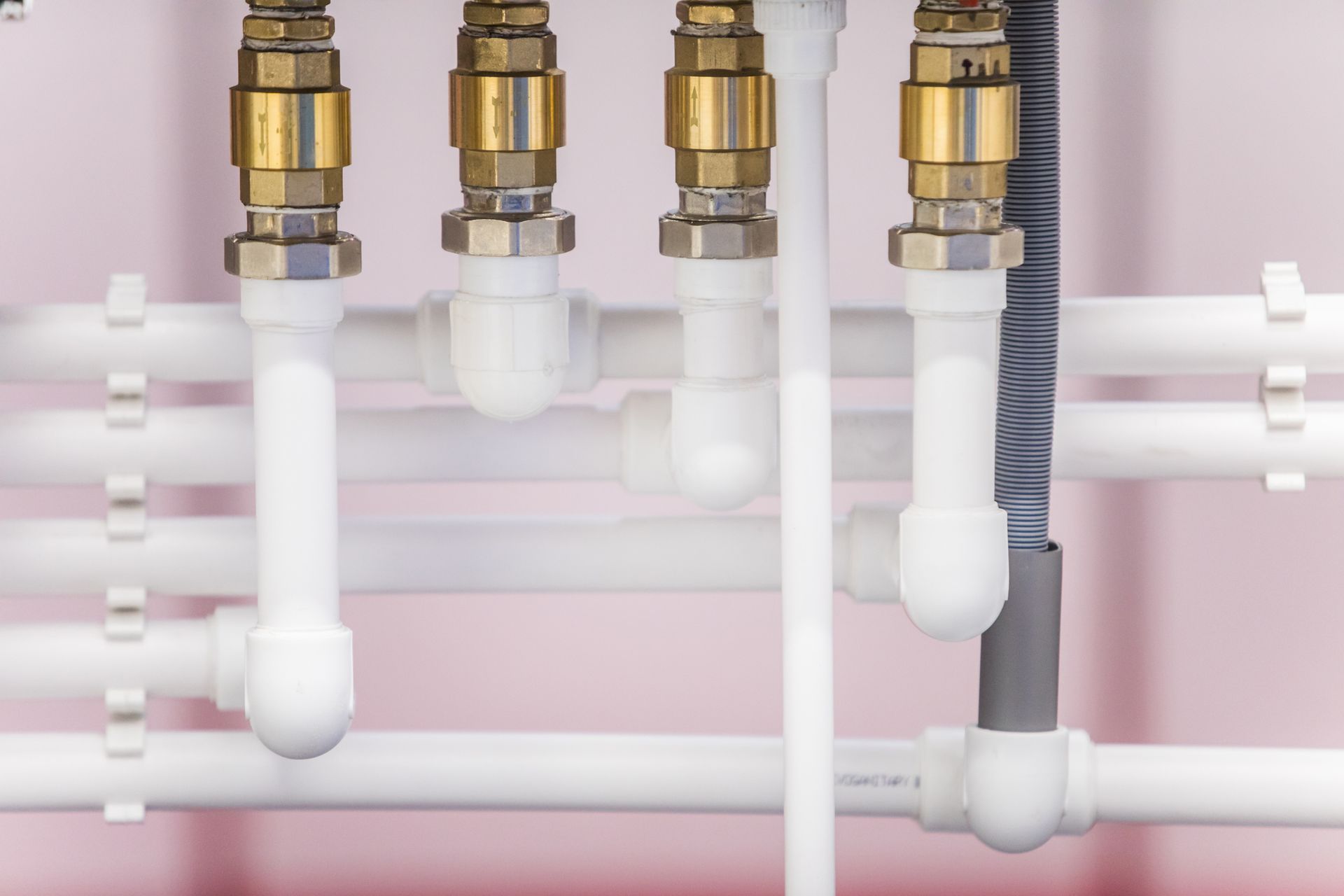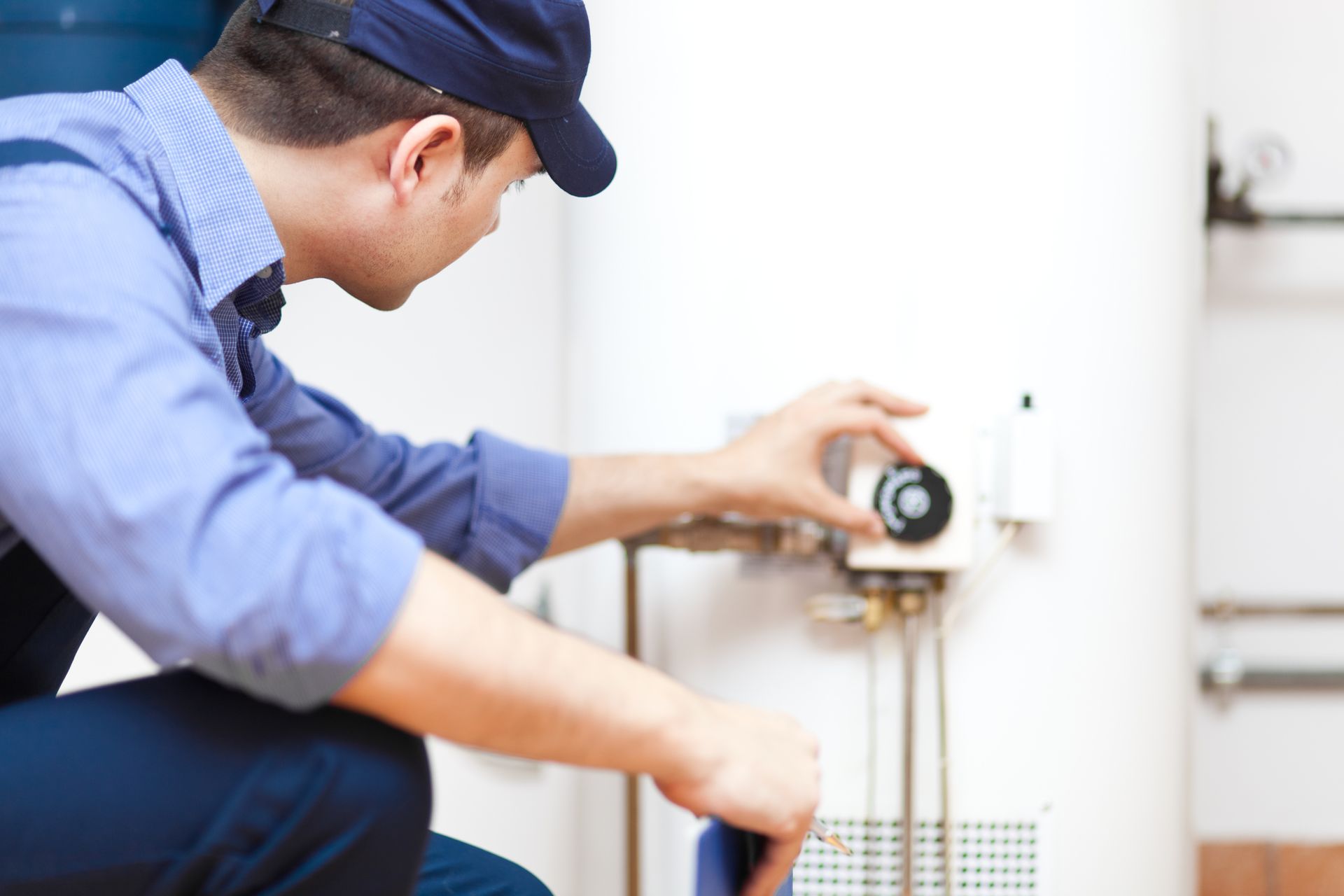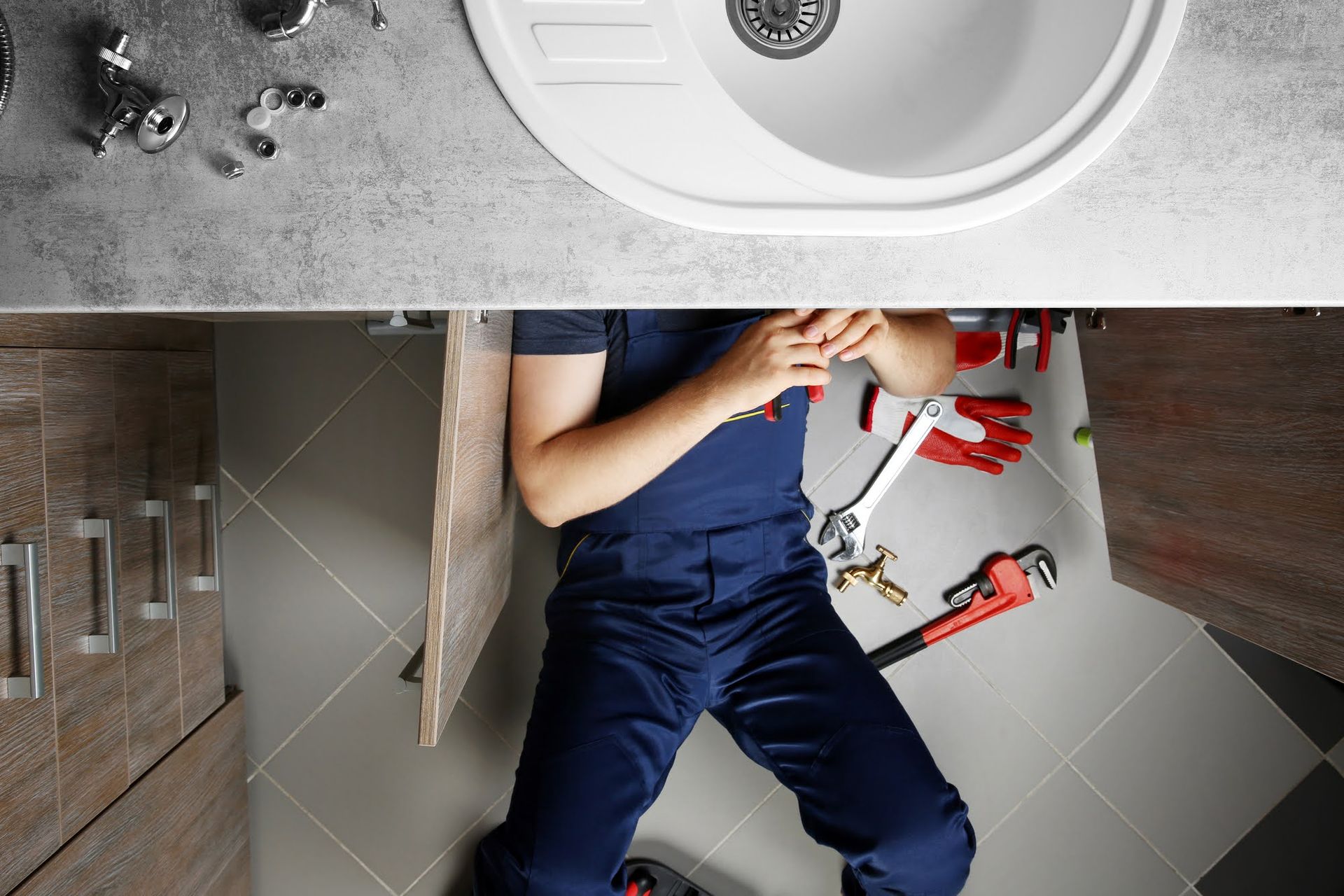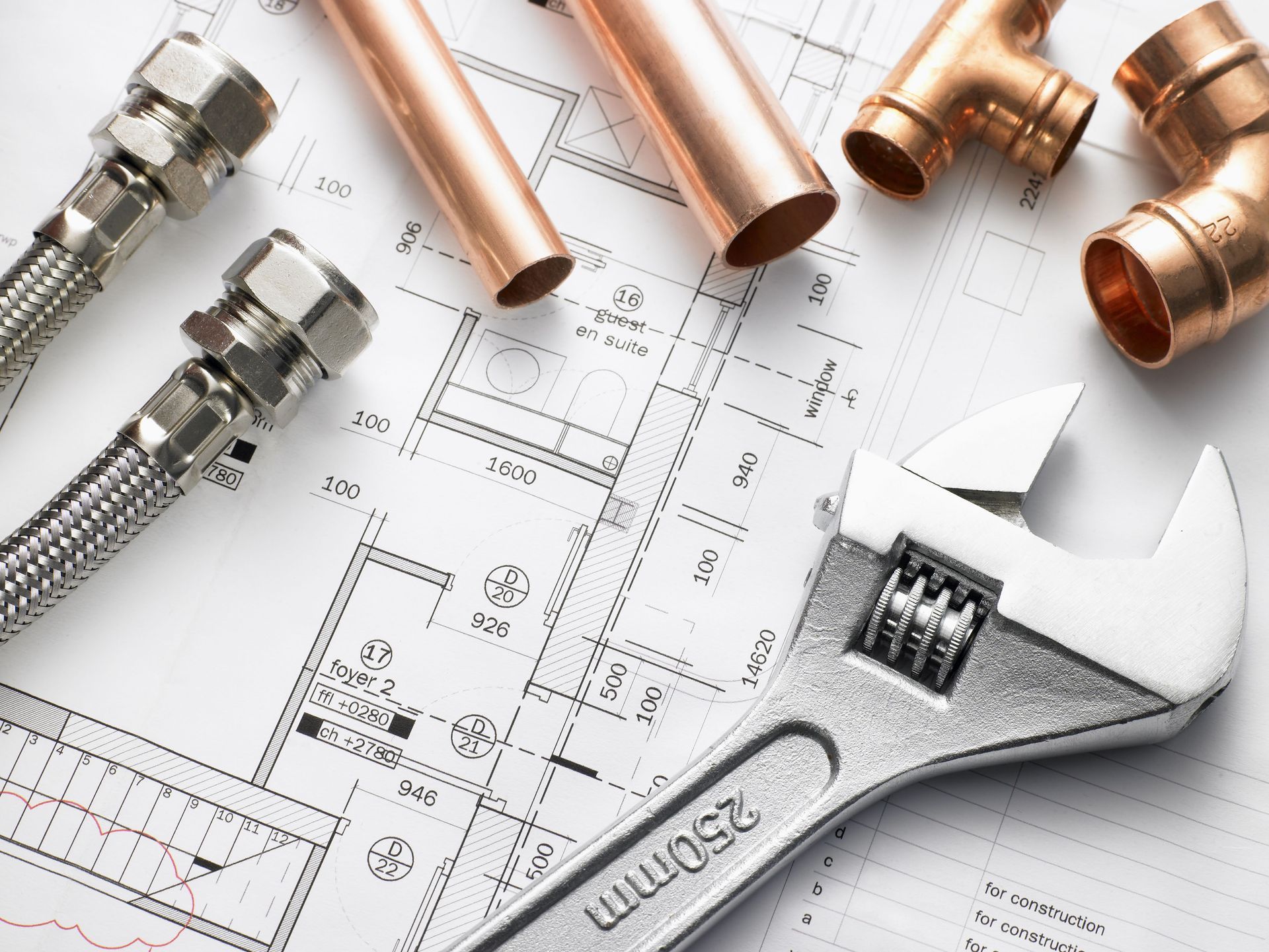Frequently Asked Questions About Sewer Line Inspections
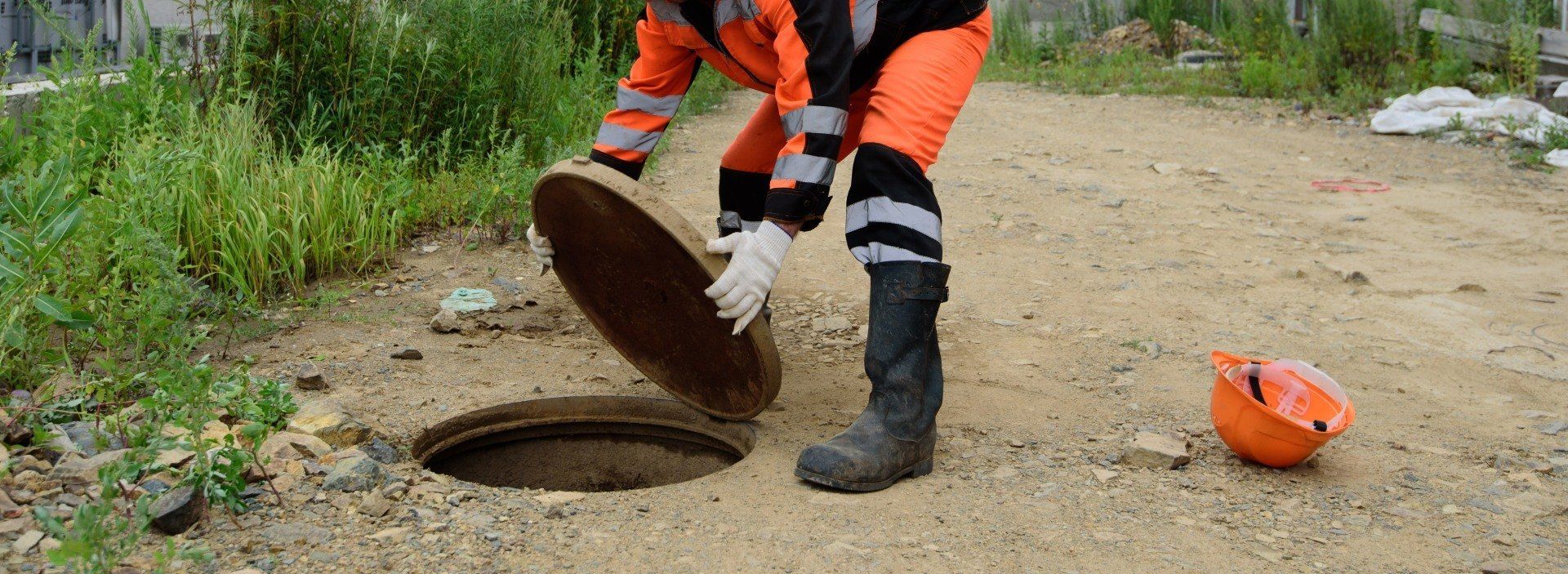
Homeownership may offer many joys, but it also presents its share of challenges, from electrical concerns and shifting foundations to a variety of plumbing issues. One such issue, a clogged or damaged sewer line, can limit your plumbing system's ability to dispose of smelly, potentially destructive wastewater.
Sewer line inspections can identify a potential or acute plumbing problem that calls for attention from a skilled plumber. If you've never had to schedule a sewer line inspection or simply don't know much about them, give yourself a quick education on the subject by studying the following answers to these frequently asked questions.
Why Do Sewer Lines Need Inspecting?
The main pipeline that directs wastewater from your toilets, sinks, and tub to the city's sewer system can encounter many problems. One common example involves internal clogs. The disposal of items such as feminine hygiene products, diapers, toys, and paper towels can clog a sewer line, which blocks wastewater flow.
Both internal and external stresses on the pipe can lead to sewer line damage. For instance, rodents that nest inside the sewer line can cause the joints between pipe segments to loosen. Tree roots growing into the pipes can eventually cause the pipes to crack or break under the strain, which allows wastewater to leak out.
How Do Plumbers Perform Sewer Line Inspections?
Today's plumbers can apply modern video technology in their sewer line inspections. Typically, plumbing inspection technicians snake a fiber-optic tube into one end of the pipe. The tube contains a light and a miniature camera that sends video images of the pipe's interior details to a video recording device.
After the plumbing technicians have recorded a thorough look inside the length of the pipe, they retrieve the fiber-optic tube and look at the video data they've captured on a monitor. If they see signs of cracks, clogs, leaks, or loosened joints, they will discuss their findings with you and recommend steps to correct the problems.
What Signs of Trouble Merit a Sewer Line Inspection?
The more easily you can recognize the telltale signs of a potential sewer line problem, the sooner you can contact your plumber and schedule an immediate inspection. A clogged sewer line will often create obvious plumbing problems such as slow drains, blocked drains, and toilets that gurgle after you flush them.
A clogged sewer line can cause more than just water to back up in your plumbing system. Toxic sewer gas can also travel backward into your home and produce a strong odor of rotten eggs in the process. A leaky sewer line can also create unusually green, lush patches on your lawn, another sign that you need an inspection.
Why Should You Schedule Routine Sewer Line Inspections?
By the time you see signs of a sewer line failure, you may need to replace one or more sections of pipe, a potentially expensive proposition. You can often avoid this scenario by scheduling routine sewer line inspections at whatever intervals your plumber recommends, based on your home's age and the kind of pipe it uses.
If you've just bought a vintage home, you should schedule a sewer line inspection right away. Older homes may use sewer pipes made of clay, a material vulnerable to cracks and breakage over time. Better yet, request such an inspection and any necessary pipe replacement before you make an offer on an older home.
Whether you suspect a current sewer line failure or you simply want to follow smart preventative maintenance recommendations, Michigan Plumbing can provide you with a state-of-the-art sewer line inspection and any sewer line repair or replacement you might need. Contact us today to request our services.

